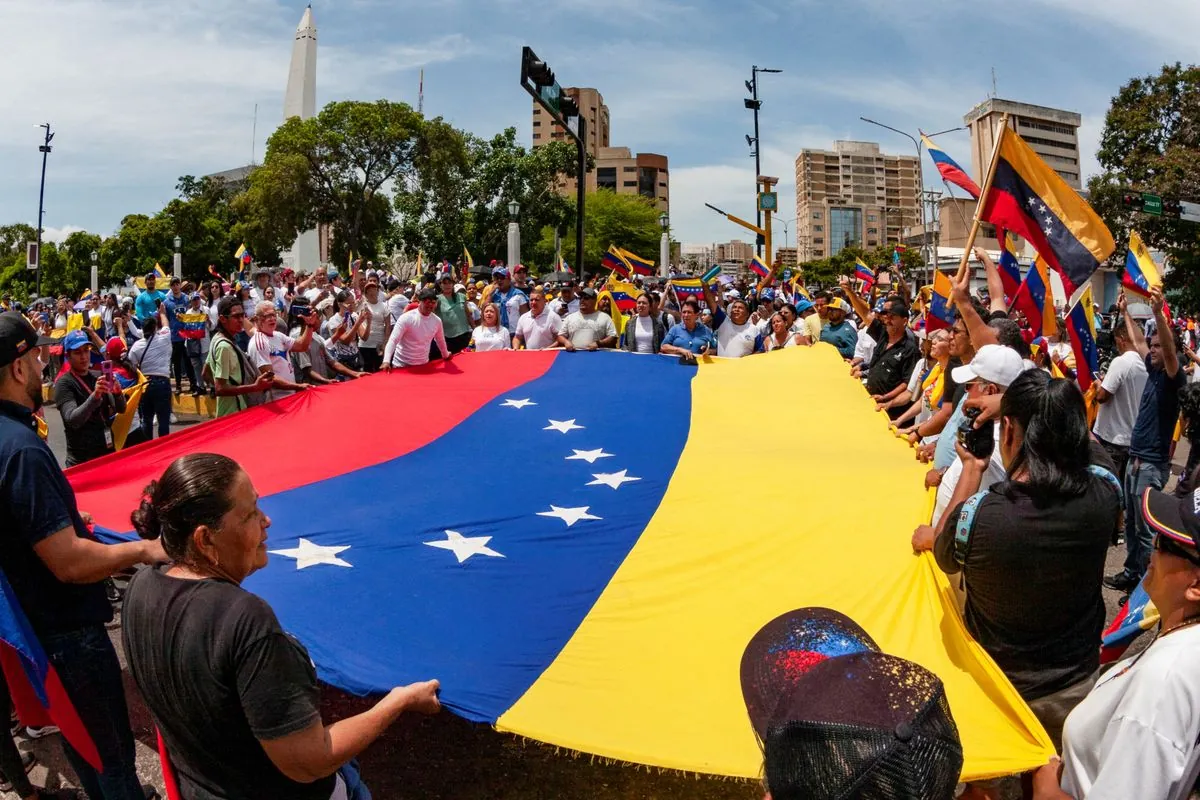In a significant development following Venezuela's recent presidential election, opposition candidate Edmundo González has declined to appear before the country's Supreme Tribunal of Justice for a hearing related to an election audit. The audit was requested by incumbent President Nicolás Maduro after the July 28, 2024 election, which has been mired in controversy.
The Supreme Tribunal of Justice, on August 5, 2024, ordered all ten presidential candidates to attend hearings scheduled through August 9. These proceedings come amidst international scrutiny of the election results, with Venezuela's National Electoral Council yet to release official vote tallies.
González, representing the opposition coalition, justified his absence in a statement, expressing concerns over his personal safety and questioning the legality of the court proceedings. He stated, "Attending would jeopardize not only my freedom but also the will of the Venezuelan people expressed on July 28, 2024."
The opposition claims to have collected data from over 80% of the country's 30,000 electronic voting machines, suggesting González's victory. This assertion contradicts the Electoral Council's declaration of Maduro as the winner, further fueling the dispute.
"Failure to appear would entail the corresponding consequences provided by law."
The potential legal ramifications for González's non-appearance remain unclear. Judge Caryslia Rodríguez, who heads the Supreme Tribunal of Justice and its electoral court, warned of consequences but provided no specific details.
This election dispute unfolds against the backdrop of Venezuela's complex political landscape. The country, possessing the world's largest proven oil reserves, has grappled with economic crisis since 2013 and hyperinflation since 2016. International sanctions, imposed due to concerns over democracy and human rights, have further complicated the situation.
Venezuela's electoral system, which utilizes electronic voting machines, has faced criticism for lack of transparency. The National Electoral Council, responsible for organizing elections, has been accused of favoring the ruling party, which has dominated the country's multi-party system since 1999.
As the hearings progress, with President Maduro scheduled to appear last, the international community watches closely. The outcome of this dispute could have significant implications for Venezuela's political future and its relations with the global community.
